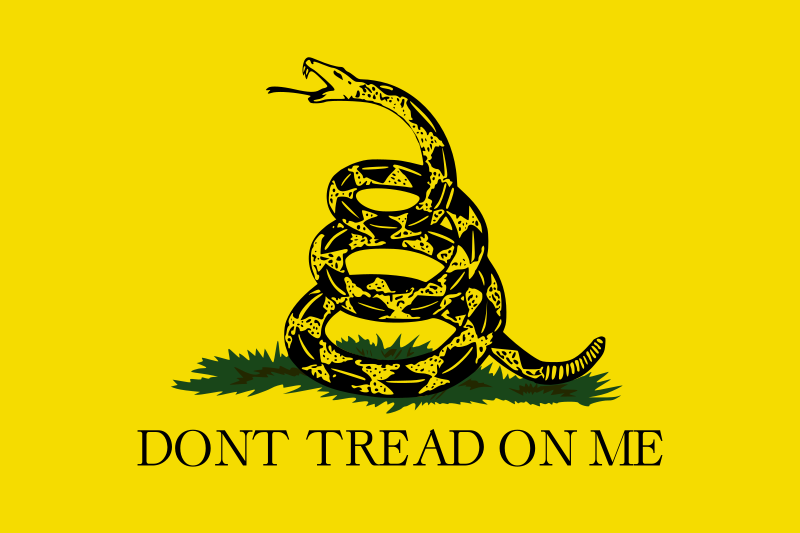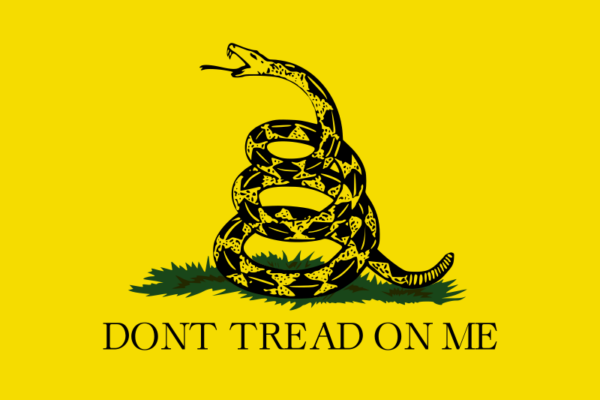
I’ve often felt very confused about the direction of US drug policy debates have taken over the last decade.
I’ve worked in addictions and recovery since 1994 and have consistently sought to change social responses to alcohol and drug problems from punitive and stigmatizing to therapeutic and recovery-oriented. This happened to put me in alignment with the new recovery advocacy movement that emerged at the beginning of the millennium.
My views have not been static and have evolved as lessons have been learned and contexts have changed. However, in recent years this has placed me in a position where I feel placed in a conservative or traditionalist box. Those labels put it kindly, retrograde is probably pretty accurate.
The experience has been disorienting and confusing. My views had always been considered progressive on drug policy and those views are now categorized as regressive by significant and influential academic and advocacy segments of the field.
It’s become clearer in recent years that the change isn’t that the field has gotten more (left) progressive, the change is that the field has gotten increasingly libertarian.
Keith Humphreys describes how libertarianism, rather than liberalism, has shaped the conditions generating a lot of the recent concern in San Francisco.
What bedevils the city instead is its libertarian, individualistic culture. Since at least the 19th century, Americans have come to San Francisco to be free of traditional constraints back East, to reinvent themselves, to escape the small-mindedness of small towns and to find themselves. This culture underlies the city’s entrepreneurialism, artistic energy and tolerance for diversity in all forms.
But this has a downside when it comes to addiction, which thrives in such a cultural milieu. San Francisco has long been one of the booziest cities in the country as measured by metrics such as bars per capita or percentage of income spent on alcohol. The psychedelic drug revolution and much of the cannabis culture were born in the Bay Area. The “new” crisis around fentanyl is thus not as novel as portrayed: Heavy use of substances has always been part of how San Francisco defines freedom and the good life.
No, soft-on-crime liberalism isn’t fueling San Francisco’s drug crisis. Libertarianism is by Keith Humphreys
When we hear frustration with the status quo, that frustration is often directed at conservatism, traditionalism, moral panic, and entrenched commitment to the war on drugs. This framing, along with advocacy that emphasizes morality and compassion, obscures the libertarian foundations of this criticism and advocacy.
Is it possible that a major barrier to progress on alcohol and drug problems is entrenched libertarianism? Is it possible that this libertarian influence in drug policy discussion limits the imagination and the range of options deemed acceptable?
Humphreys offers three possible futures for San Francisco and links the status quo to the politics of COVID and gun policy.
Just as voters in some regions of the country decide that more COVID deaths are better than vaccine and mask mandates or that mass shootings are preferable to gun control, San Franciscans might decide that overdose deaths and open drug dealing are a reasonable cost to pay for their vision of freedom.
No, soft-on-crime liberalism isn’t fueling San Francisco’s drug crisis. Libertarianism is by Keith Humphreys
While Vancouver and San Francisco get framed as exemplars of progressive drug policy, their policies may owe more to Milton Friedman than to progressive politics or ideology.
I suspect these libertarian and individualistic influences are more pervasive than might appear, showing up in ways that are large and small, subtle and obvious. Off the top of my head, here are a few examples:
